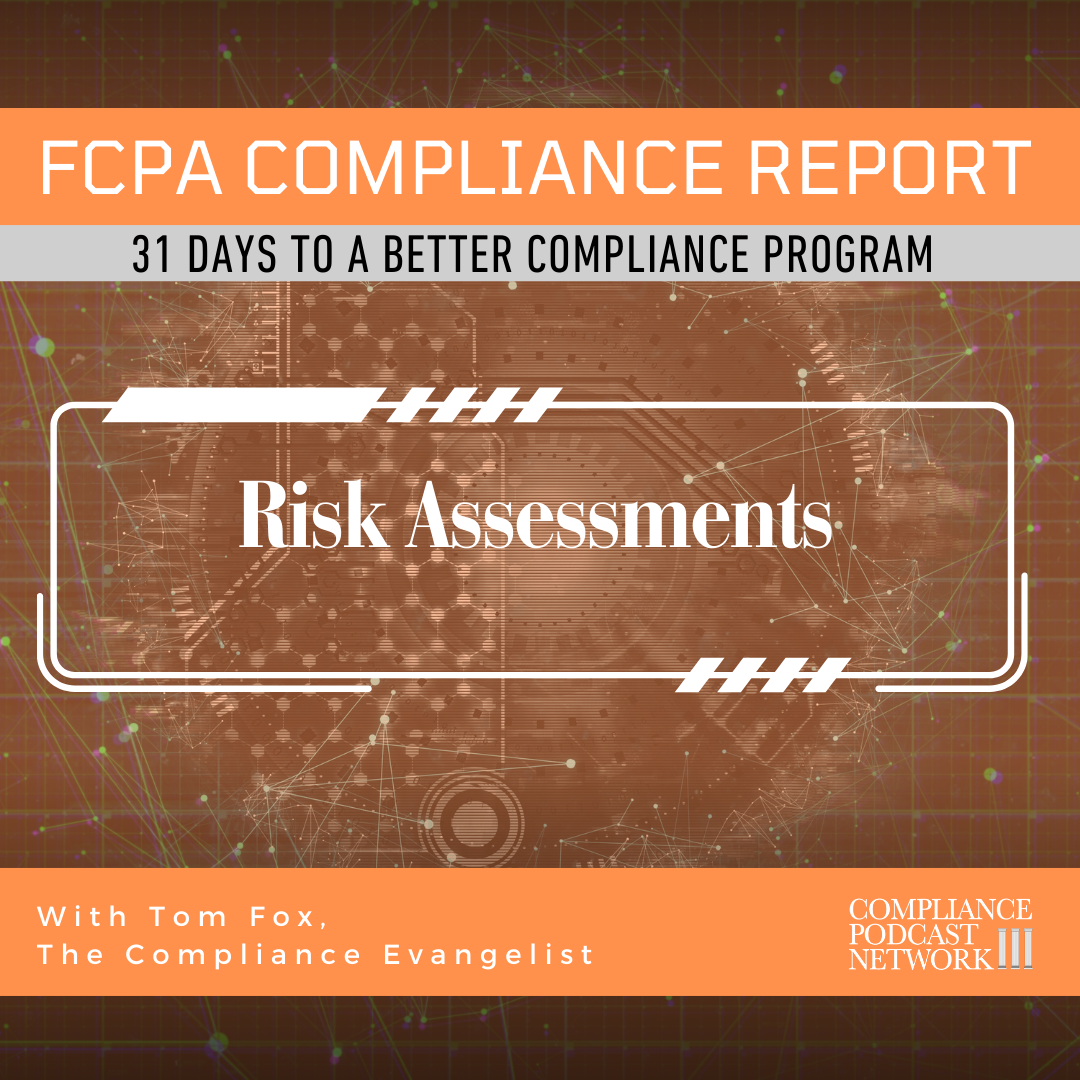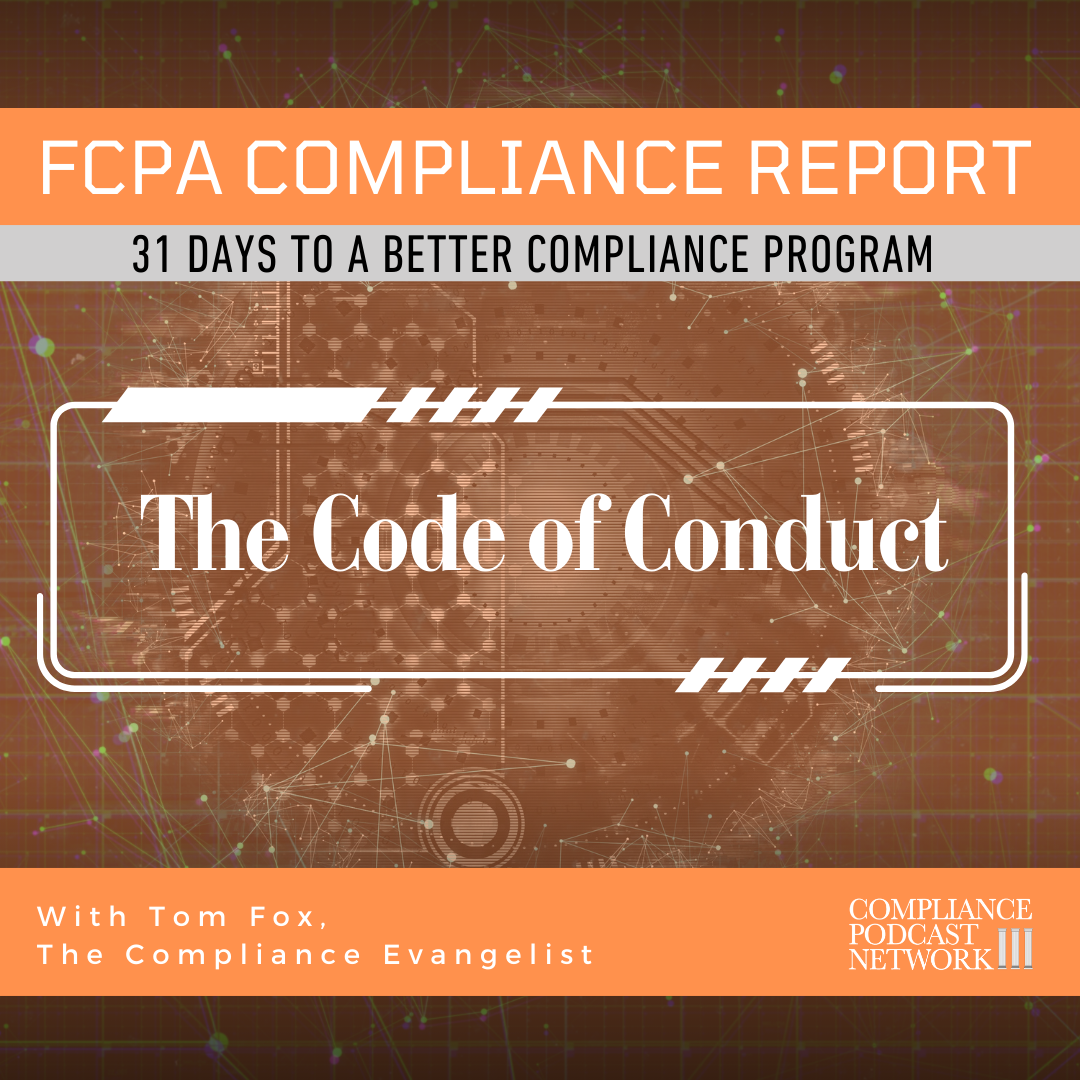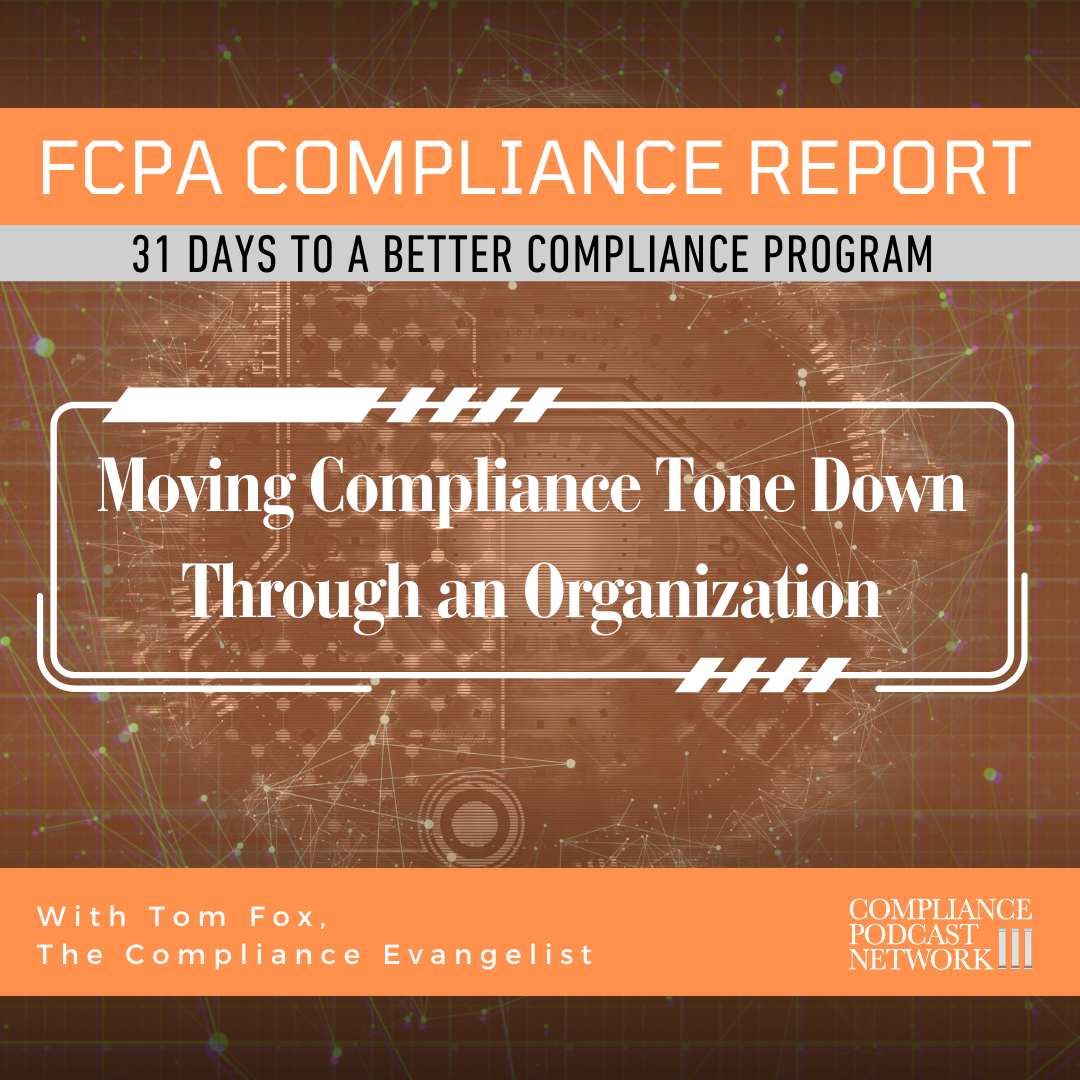Welcome to a special podcast series on the Compliance Podcast Network, 31 Days to a More Effective Compliance Program. Over these 31 days of the series in January 2025, Tom Fox will post a key part of a best practices compliance program daily. By the end of January, you will have enough information to create, design, or enhance a compliance program. Each podcast will be short, at 6-8 minutes, and will include three key takeaways you can implement at little or no cost to help update your compliance program. I hope you will join us each day in January for this exploration of best practices in compliance.
On Day 21 of our series, we dive into the essential strategies for managing third-party relationships in a compliance program. We consider the significance of a structured and strategic approach in handling third parties to mitigate anti-corruption risks. As companies mature, the operationalization of compliance through third-party management becomes crucial. Key areas explored include the importance of dual and diversified sourcing, monitoring subcontractors, legal protections, and financial stability checks. Additionally, we cover the necessity of integrating performance-based compensation and regular auditing to uphold compliance standards. Join us tomorrow as we explore levels of due diligence on Day 22.
Key highlights:
- Strategic Approach to Third-Party Relationships
- Auditing and Ongoing Management
- Key Takeaways
Resources:
Listeners to this podcast can receive a 20% discount on The Compliance Handbook, 5th edition, by clicking here.












